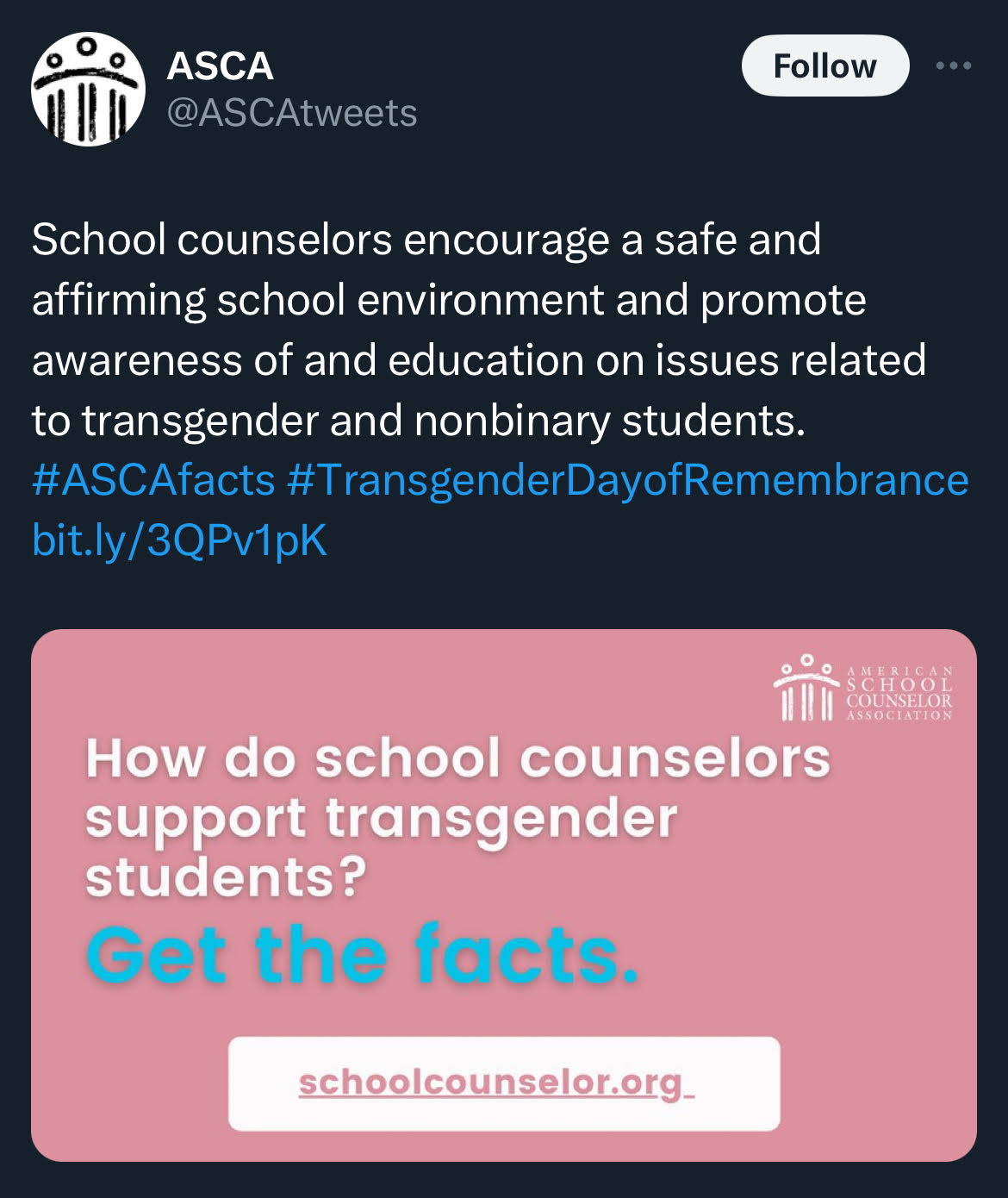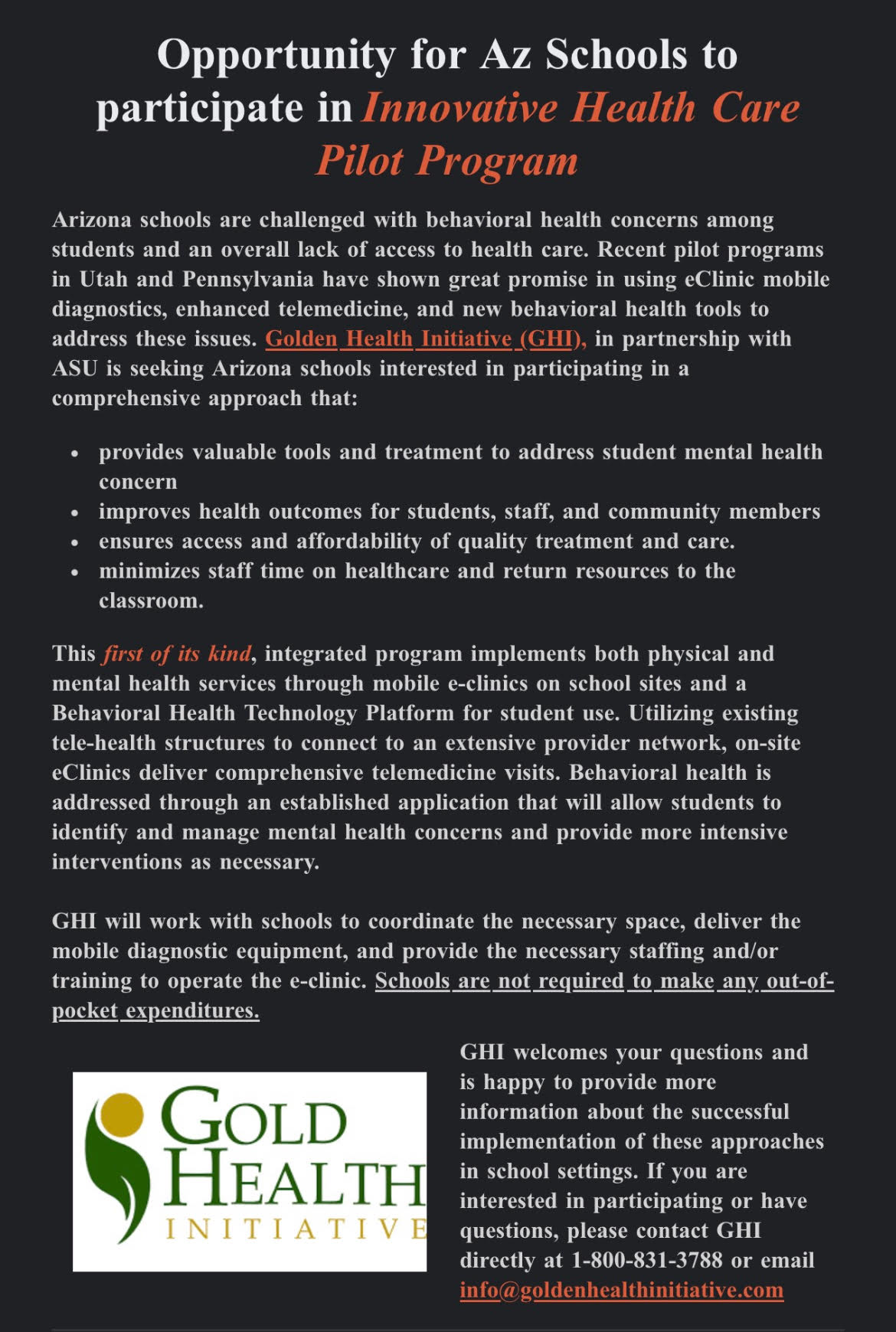Social Emotional Learning (SEL) Doing More Harm Than Good?Posted: 2023-12-06 [EAN NOTE: The following is part of an email sent by PACC on 12-4-23]
Mental Health, Mental Health, and Mental Health!
It’s all the rage and education’s new crusade. The question is- should it be? Should parents turn to schools for mental health assistance? Is it healthy to direct so much of our children’s focus to it? A recent article suggests there is a point of diminishing return to be considered. The article in the New York Times cites three independent studies comparing students who participated in a mindfulness programs in Australia and Great Britain versus students who did not participate. The outcomes in all three showed students who participated in the mindfulness programs (frequently known as Social Emotional Learning) reported “more depression, more anxiety, more difficulty managing their emotions and worse relationships with their parents.
How could this be?
Aren’t these programs supposed to have the opposite effect? One explanation for consideration is what’s known as ‘ “prevalence inflation”. When greater awareness of mental illness leads people to talk of normal life struggles in terms of “symptoms” and “diagnoses”. Teenagers, who are still developing their identities, are especially prone to take labels to heart. Instead of “I am nervous about X, “ a teenager might say, “I can’t do X because I have anxiety”—a reframing that research shows undermines resilience by encouraging people to view everyday challenges as insurmountable.”
How is this mentally healthy for anyone? It’s not.
As mentioned in the previous PACC email, we have learned mental health services are now being provided in the schools and can be reimbursed by Medicaid. Where is the parent when their child is at school? Think about it. They might be at work or perhaps taking care of their other children at home. Will they be setting aside time to attend these mental health appointments at school with their child? If so, why is the school the location rather than a proper doctor’s office? Speaking of doctor’s, will the child be meeting with a licensed medical professional? The answer to that is, not necessarily. In Arizona, school counselor licensing requirements are loose or non-existent. So, who is checking on what they are doing and talking about with someone’s child? Where are they getting their guidance?
The Arizona School Counselor Association is one source and here is an example of their messaging to school counselors:

Gender dysphoria is still considered a mental disorder. School counselors lack the qualifications, training, and licensing to treat such a mental disorder! They may cause more harm as evidenced by the studies referred to at the beginning of this article.
We recently learned this mental health crusade is gaining more traction right here in Arizona and they are offering to conveniently practice their skills on our kids at school. See below:

This pilot program will bring e-clinics to schools. This will fast track mental health services onto school property because the infrastructure needed is minimal. Take note of the lack of mention of parental involvement. All references are to your child assuming control of their healthcare.
In the next PACC email, we will explain more on the threat this will be to parental rights over the medical and mental health decisions of their minor children especially ages 12-17.
Lisa Fink
Protect Arizona Children Coalition
info@protectarizonachildren.org
protectarizonachildren.org

|